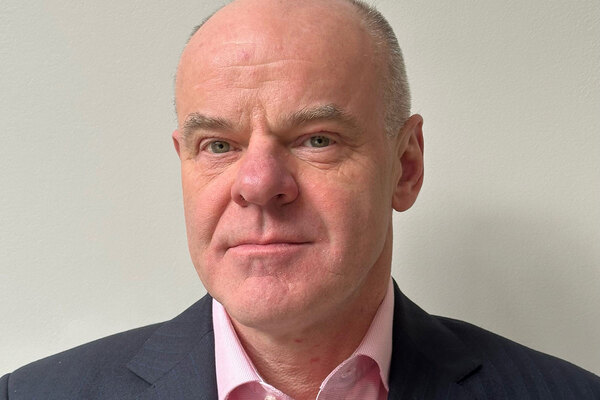You are viewing 1 of your 1 free articles
Commercial compassion
Housing associations should be celebrated as both successful businesses and caring enterprises, says Kate Davies

Have you noticed how many social policy issues seem to be reduced to red top headlines and sloganising – immigrants, benefits, expense fiddlers, greed, waste, and sex crimes for example?
And it seems that housing associations suffer from the same problem. The left accuse us of social cleansing, doing deals with the Tories, not being committed to social housing and forgetting our roots. The right say that we are woolly liberals, inefficient and enemies of aspiration – colluding to keep people dependent on state hand outs. housing associations can’t win – either we are responsible for housing a hellish family next door to you, or obliterating working class communities.
Previous shadow housing minister Jack Dromey once told me: “Everyone knows we care about people – the difficulty Labour has is showing that we can be trusted on the economy.” And, the other way round, it’s the same with the Tories: David Cameron emphasises his compassion and Teresa May says they are not a “nasty party”. Because politics is based on dichotomies and issues are assessed through an adversarial lens, it seems that everyone else is judged in crude “four legs good, two legs bad” approaches. While the average voter wants both economic competence and fair social policies, it seems inevitable that housing associations are often stereotyped by politicians and campaigners into being too capitalist/right wing/commercial/aggressive, or too socialist/left wing/inefficient/woolly.
In fact housing associations have achieved what both Dromey and May aspire to. We have invested public funds wisely and used our influence, expertise and property development skills to make money in the challenging property market, then reinvested this money in providing good quality, affordable housing for people who cannot meet their needs in the market. How marvellous is that?
“While the average voter wants both economic competence and fair social policies, it seems inevitable that housing associations are often stereotyped by politicians and campaigners.”
The commentators who make out we are too “capitalist” or too “socialist” really get my goat. By design housing associations are not political. We are social enterprises. We are only part-funded by the taxpayer and use private finance to develop commercially viable and profitable products. Through active asset management, we deliver a long-term social dividend. Through growing and using our resources in entrepreneurial ways, we house more low-income people. By stretching what the government invested, we provide additional social benefit.
Housing associations are companies that can operate and compete in the market place. This gives us a tremendous advantage and as a result we have become very successful. We are commercially-driven companies while at the same time we are also caring and compassionate landlords. We operate in the market – building and selling homes for example – to help fund social housing. We take from the rich and give to the poor. We receive less and less government subsidy and used the value we have accumulated over decades as we built homes and communities to provide homes for low-income households. We depend less and less on government hand-outs and have created a model that delivers homes for around 10% of the cost, which are then let for 60% of the market price, or less.
Primary motivation
Our DNA has two strands: commercial, business success and a focus on helping people, especially with their housing. I know I am labouring the point, but we make money in order to do good. In fact, it’s not just that we provide shared ownership and rent or affordable rent and care and support, we do commercial activity in order to create resources that allow us to make life a little better for those who struggle. Our social purpose is our primary motivation.
We have to resist those who stress only one side of our essence.
We must work together to re-emphasise both our charitable purpose and our commercial drive. Don’t let them divide the older, smaller and more local associations from the highly profitable volume developers. What unites us all is our core purpose of helping the least well-off and a commitment to efficiency and economic competence. Our high levels of surplus prove that we can create wealth as well as spend it.
We should be inordinately proud of what we are and what we have created. Let’s promote our unique and highly effective model of profit with a purpose, thriving social enterprises and compassionate businesses. In reality our model could be used to transform other public services like prisons or hospitals, if the government had more ambition.
I want to champion commercial success, caring service and help for vulnerable people, as well as aspirational products like market rent and shared ownership – and tough financial decision making. Don’t let our detractors say we are “too” commercial or “too” soft. We work hard to be both profitable and caring.
Kate Davies, chief executive of Notting Hill Housing Group








